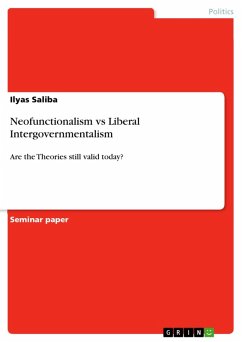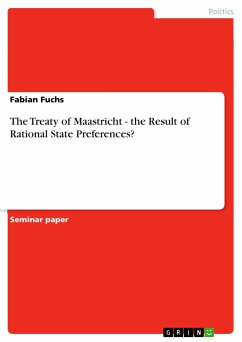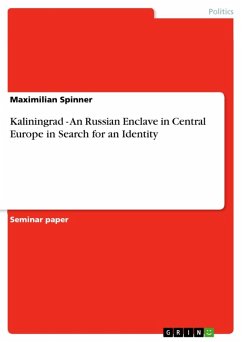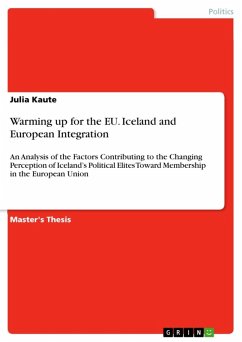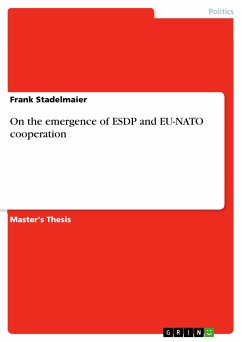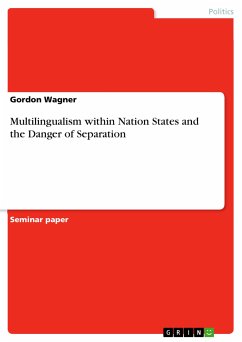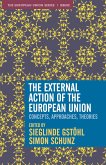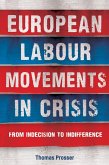Seminar paper from the year 2010 in the subject Politics - Political Theory and the History of Ideas Journal, grade: 1,0, University of Hamburg (Institute of Political Science), course: European Integration Theories, language: English, abstract: Neofunctionalism and Liberal Intergovernmentalism (from now on I will use the abbreviations: NF and LIG in this paper) have been predominant approaches to theorizing Integration processes, especially in the first phase of theorizing European Integration. In the following essay I will begin by briefly lay out the main assumptions of the two approaches, drawing especially on their differences and similarities. In a second part I will discuss what these theories set out to do and raise questions about the actual accomplishments. Thirdly, I will turn to a critique of LIG and NF identifying their weaknesses, refering to Thomas Risse`s argument that Liberal Intergovernmentalism and Neofunctionalism are both lacking `...some categories necessary to capture distinctive features of the EU`2. This will lead me to the fourth part of my analysis in which I will demonstrate what and how other approaches can fill in the theoretical gaps and wholes that I have pointed out in my critique. In My conclusion I argue that European Integration Theory does not need overarching, universal theories, but rather is a useful conglomerate of different theories3, that might be combined in eclectically, and offer various toolkits for different suitable areas and levels of analysing and explaining Integration.
Dieser Download kann aus rechtlichen Gründen nur mit Rechnungsadresse in A, B, BG, CY, CZ, D, DK, EW, E, FIN, F, GR, HR, H, IRL, I, LT, L, LR, M, NL, PL, P, R, S, SLO, SK ausgeliefert werden.

